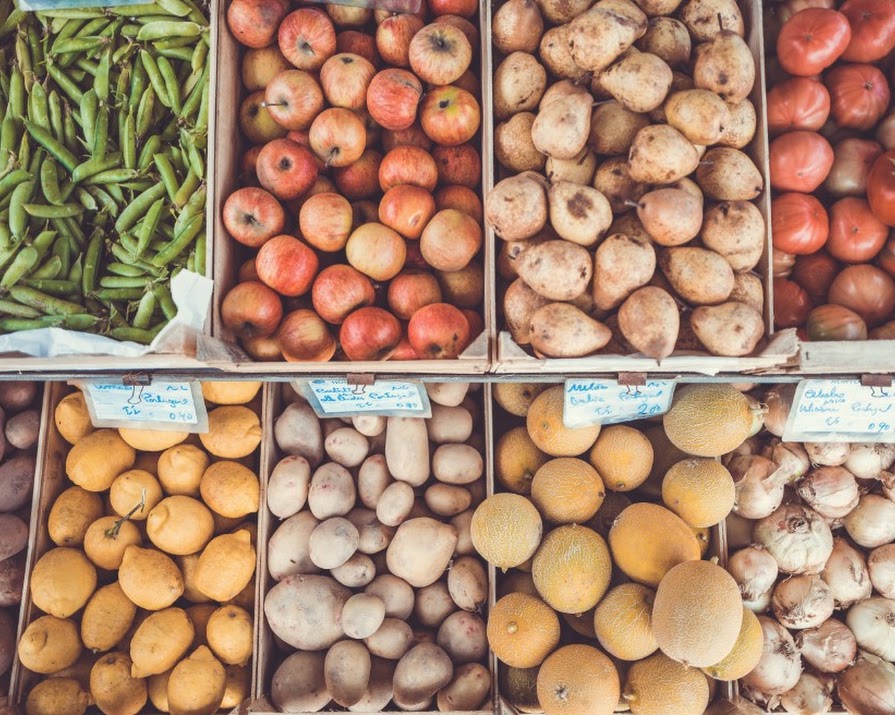By Lauren Heskin
06th Aug 2016
06th Aug 2016
Veganism is become something of a ‘buzz’ word in recent times, a way of eating that returns to our hunter-gather ancestry. Essentially veganism cuts out all animal product, including by-product like milk, eggs and cheese, for a vegetable-driven, leaner diet. Celebrities like Liam Hemsworth, Jessica Chastain, Ellen DeGeneres and Kate and Rooney Mara have all spoken about?how much stronger they’ve felt since becoming vegan.
But it’s not just about a healthier food regime, veganism also has ethical connotations: vegans do not eat or buy any product that may have been produced through animal?exploitation?or cruelty. You’ve seen vegan makeup and fashion lines popping up everywhere and if you’ve ever watched the documentary?Cowspiracy, you’ll know just how damaging animal farming can be to our environment. Ask any friend who has become vegan and they’ll usually sight ethical reasons for their decision. And it is undoubtedly more ethical than an omnivore diet and their pursuit it absolutely one to be admired – this coming from someone who can’t watch any animal in pain and shivers at the sight of roadkill, yet happily tucks into a burger. Veganism has serious merit and should not be brushed aside as a ‘fad diet’.
But questions are now being raised over exactly?how?environmentally friendly is veganism? A recent study published in?Elementa looked at seven different diets – one vegan, one vegetarian including dairy and eggs, one vegetarian with dairy, and four omnivore diets of varying degrees of vegetarianism and healthiness. It compared the amount of farmland required per year to produce food for each diet and discovered that, yes, a vegetarian-leaning diet requires much less land and therefore is more sustainable. But veganism actually wastes land that is?unable to cultivate crops – i.e. land that is ideal for animal rearing – and less-fertile croplands used specifically?for growing grains to feed livestock. As a result, because there is a finite amount of soil that can facilitate vegetable growth on earth, veganism could only feed 737 million people. This compares to a vegetarian dairy-friendly diet that could feed 807 million as it works land rendered useless by veganism.

Now it’s worth noting here that the typical omnivore diet could only feed 402 million people so veganism DOES reduce human impact on the earth…. Just surprisingly not as much as vegetarians who like a drop of milk in their tea. It also depends on what you think “environmentall
So if you’re a vegan who sometimes craves a toasted cheese sandwich, it’s okay to give in. So long as your diet is healthy and predominantly plant-based, you’re doing the whole world a favour. And perhaps those of you, like myself, who are considering going veggie but can’t quite give up eggs and brie – a little goes a long way towards sustainable farming.























